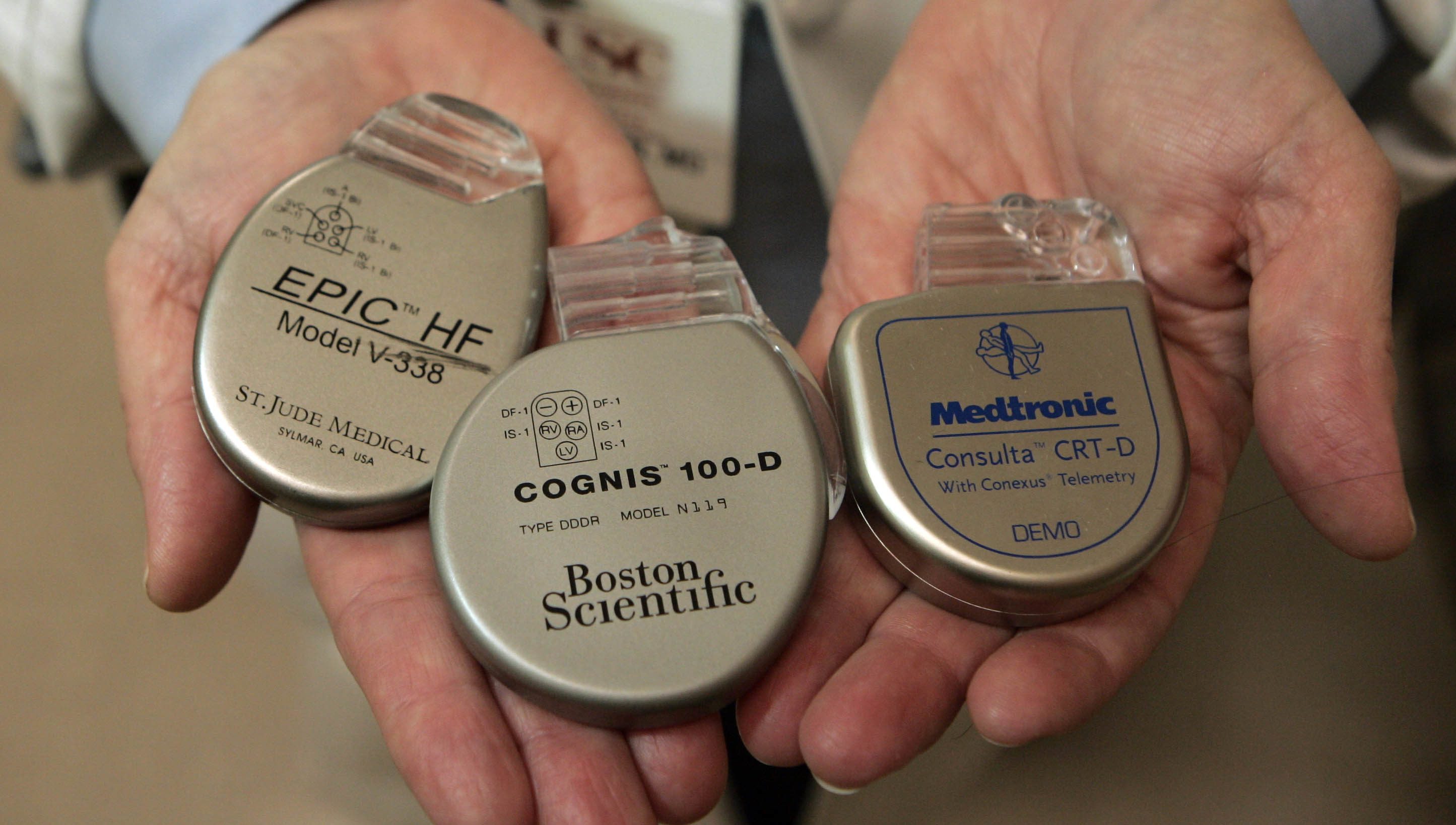Canada’s national health authority has announced a three-pronged medical device safety overhaul in response to the International Consortium of Investigative Journalist’s Implant Files investigation.
Health Canada says the new measures are designed to improve the safety, effectiveness and quality of medical devices.
It intends to target how devices get on the market, the monitoring of devices already in use, and the provision of patient information.
Canada says it will align the ‘’investigational testing’’ of devices more closely with those of pharmaceuticals.
The Implant Files showed how governments across the planet hold even the riskiest devices to lower safety standards than most drugs.
Canada’s proposed changes would allow independent researchers and healthcare professionals to apply to investigate devices.
Currently, Health Canada says, manufacturers alone are authorized to study unlicensed devices or those being assessed for new uses.
Drugs are authorized for sale in Canada once they have successfully gone through clinical trials to assess their safety, efficacy and quality.
For devices, the benchmark is lower. Most are approved based on whether they are “substantially equivalent” to earlier or similar products.
Health Canada says it plans to review “with a view to strengthening” the safety evidence requirements for devices approved on this basis.
“Despite the strong foundation of Canada’s existing regulations, more can be done to improve the safety and effectiveness…,” the agency states.
The Implant Files is the first-ever global examination of the medical device industry and its overseers.
A team of more than 250 journalists from 58 news organizations examined patient harm caused by laxly-regulated medical implants.
The Toronto Star, and the Canadian Broadcasting Corporation collaborated in the probe.
The investigation found that health authorities across the globe have failed to protect millions of patients from poorly tested implants.
Implants were revealed to puncture organs, deliver errant shocks, rot bones, poison blood and spew overdoses.
As part of an “action plan”, Health Canada pledges to also:
- Publish more information about decisions made on medical devices by January 2019
- Increase inspections of foreign medical device manufacturers by April 2019
- Require hospitals to report medical device incidents to Health Canada by June 2019
- Propose draft regulations requiring manufacturers to notify it within 72 hours of overseas device risk warnings by June 2019
- Make clinical information and data about device incidents more easily available by December 2019.
Health Canada says it will also create a new expert advisory committee on women’s health issues for both medical devices and drugs.
A growing number of countries, including the USA, India and France, have responded to calls for urgent action on medical device safety in the wake of ICIJ’s investigation.
ICIJ this week added two new countries – France and Brazil – to the first-ever global database of medical devices, which was created as part of the Implant Files project.
Patients and healthcare professionals can now search more than 76,000 recalls, safety alerts and field safety notices relating to medical devices.
Meanwhile, Swiss prosecutions this week launched an investigation into a failed spinal implant spotlighted by ICIJ’s partners in Germany and Switzerland, the BBC and others as part of the Implant Files.
The disc replacement implant made by UK-based Ranier Technology left patients across Europe in pain and requiring further surgery after breaking.



